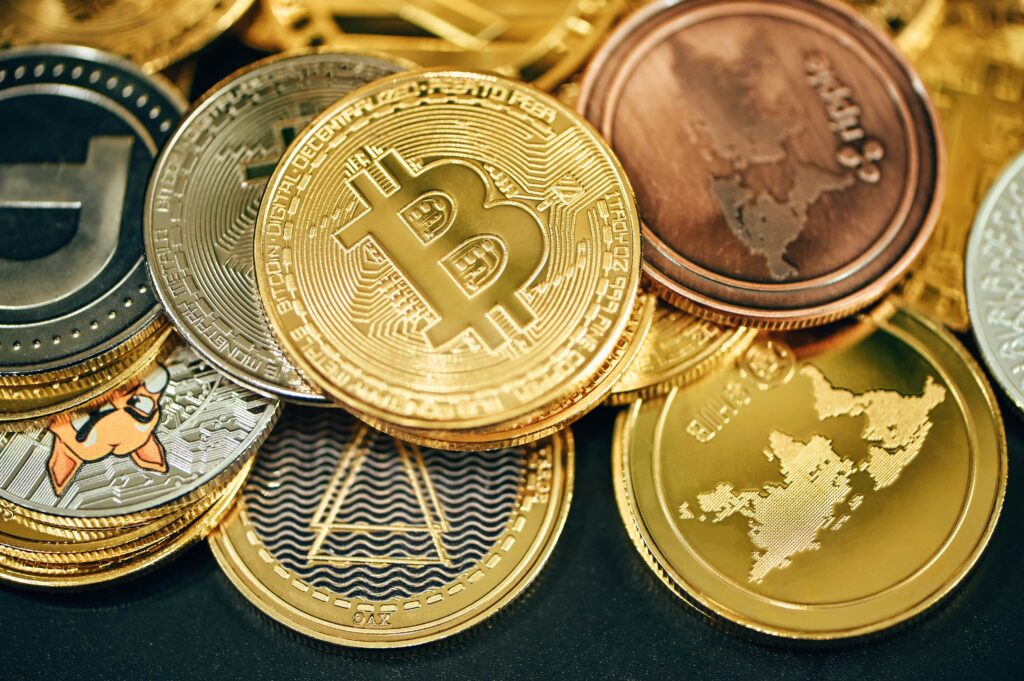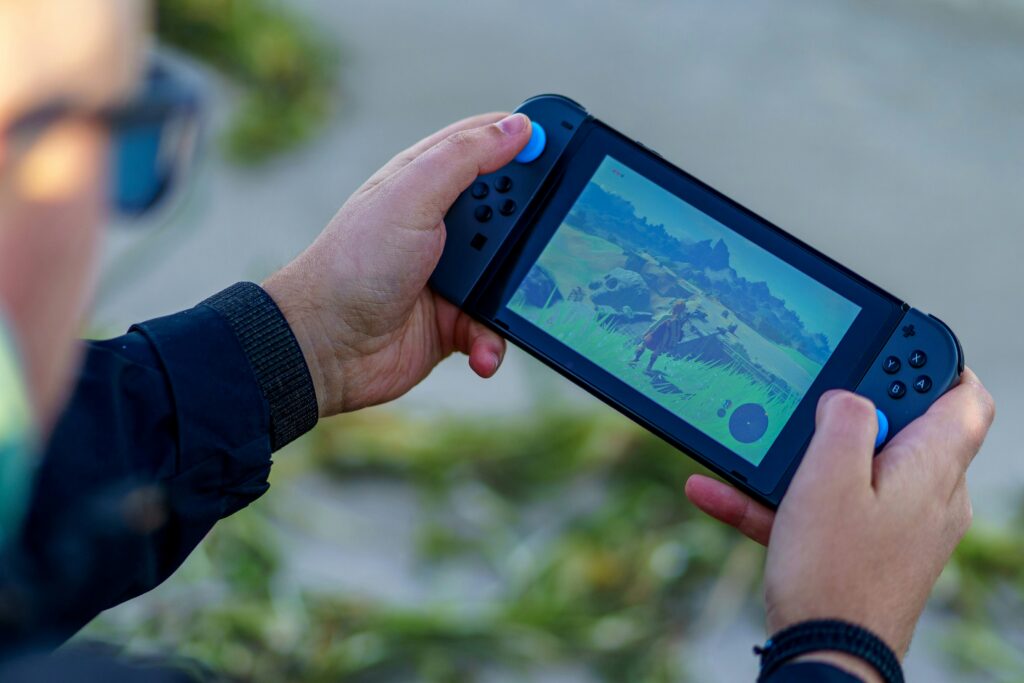In the ever-evolving landscape of the gaming industry, a new trend has emerged, promising not just entertainment but also financial empowerment for players worldwide. We are talking about play-to-earn game development, a groundbreaking concept that has been gaining traction in recent years.
In this article, we want to discuss this exciting new possibility for the world of gaming, how exactly it works, and what the future holds for the trend. So let’s dive deep into the world of play-to-earn game development.
Read also: A complete list of top NFT games in 2024
Play-to-earn game development: what is it?
Play-to-earn game development is a paradigm shift in the gaming industry, bridging the virtual and real-world economies. In these games, players are no longer just participants; they’re active contributors to an economy where their time and skills translate into real-life rewards.

The mechanics of play-to-earn (P2E) games vary widely, but they typically involve tasks like completing quests, defeating enemies, or engaging in player-versus-player battles.
These actions generate in-game assets, which can be traded, sold, or converted into real-world currency or cryptocurrency. This dynamic creates a symbiotic relationship between player engagement and economic value, incentivizing players to invest more time and effort into the game.
The concept of ownership takes on new significance in P2E games. Players have true ownership of their in-game assets, thanks to blockchain technology, which ensures transparency and security in transactions.
This means that the digital sword or rare item a player earns isn’t just ephemeral data stored on a server; it’s a unique digital asset that can be bought, sold, or traded with other players or even outside the game ecosystem.
Play-to-earn game development also has the potential to democratize access to wealth and opportunities. Unlike traditional gaming, where success often depends on factors like skill, luck, or initial investment, P2E games reward players based on their dedication and ingenuity.
Players from all walks of life can participate and potentially earn meaningful income, leveling the playing field and opening up new avenues for economic empowerment.
The blockchain revolution in play-to-earn game development
At the heart of play-to-earn game development lies blockchain technology, the underlying infrastructure that enables secure and transparent transactions within decentralized ecosystems.

At its core, blockchain provides the infrastructure for creating verifiable ownership of in-game items, ensuring that players have true ownership rights over their virtual possessions.
Through the utilization of blockchain, P2E games introduce the revolutionary concept of non-fungible tokens (NFTs). These NFTs serve as unique digital certificates of ownership, each representing a specific in-game asset such as characters, weapons, land, or any other virtual entity.
Unlike traditional gaming items that are often confined to closed ecosystems, NFTs can be bought, sold, and traded both within and outside the game environment, empowering players with the freedom to manage their digital possessions as they see fit.
The tokenization of in-game assets via NFTs introduces unprecedented levels of scarcity and authenticity to virtual economies. Each NFT is cryptographically unique, immutably recorded on the blockchain, and cannot be replicated or tampered with.
This imbues digital items with real-world value, as players can confidently invest time and resources into acquiring rare or coveted assets knowing that their ownership is securely established and globally recognized.
Even more important, the peer-to-peer nature of blockchain transactions eliminates the need for centralized intermediaries, enabling seamless and frictionless exchange between players.
Read also: How blockchain games with cryptocurrency work

Challenges of play-to-earn game development
While play-to-earn game development holds immense promise, it also presents its fair share of challenges. The most significant one is the regulatory uncertainty around it.
See, governments and regulatory bodies worldwide are grappling with how to classify and oversee play-to-earn games, given their unique blend of gaming and financial elements. The absence of clear regulations creates ambiguity for developers, investors, and players alike, potentially stifling innovation and investment.
Scalability is another pressing concern; as play-to-earn games gain popularity, they must accommodate growing user bases without sacrificing performance or decentralization. Therefore, scalability solutions such as layer 2 protocols and sharding techniques are actively being explored to address this challenge and ensure smooth gameplay experiences for all participants.
Security and fraud also remain critical issues. Smart contracts powering play-to-earn games are vulnerable to exploits and hacks, posing risks to users’ assets and undermining trust in the ecosystem.
Robust security measures, including code audits, bug bounties, and insurance mechanisms, are essential to safeguarding users’ funds and maintaining confidence in the platform’s integrity.
Butt despite these challenges, the play-to-earn gaming industry is poised for continued growing and evolving. Through collaborative efforts among developers, regulators, and industry stakeholders, solutions can be devised to address regulatory concerns, enhance infrastructure, and bolster security measures.

The future of play-to-earn game development
As the popularity of play-to-earn game development continues to grow, developers are increasingly embracing it as a means to innovate and engage with their audience.
By incorporating elements of blockchain technology and tokenomics into their games, developers can create immersive experiences that offer both entertainment and economic incentives.
The decentralized nature of blockchain technology allows for greater community involvement in the development and governance of P2E games – after all, players become stakeholders in the ecosystem, contributing not only through gameplay but also through feedback, ideas, and community initiatives.
We here at Main Leaf are very excited about the future that play-to-earn game development promises. We have seen many technologies arise during our 12 years of experience in the world of game development, and play-to-earn is certainly one of the most exciting ones.
And just like we were ready to embrace all the technologies that came before and drove the gaming industry forward, we are also ready to embrace play-to-earn game development! So contact us as soon as possible so we can begin working on your dream project!
Oh, and if you liked this article, make sure to check out our blog, where we discuss many other topics relating to the world of game technology and game development.

